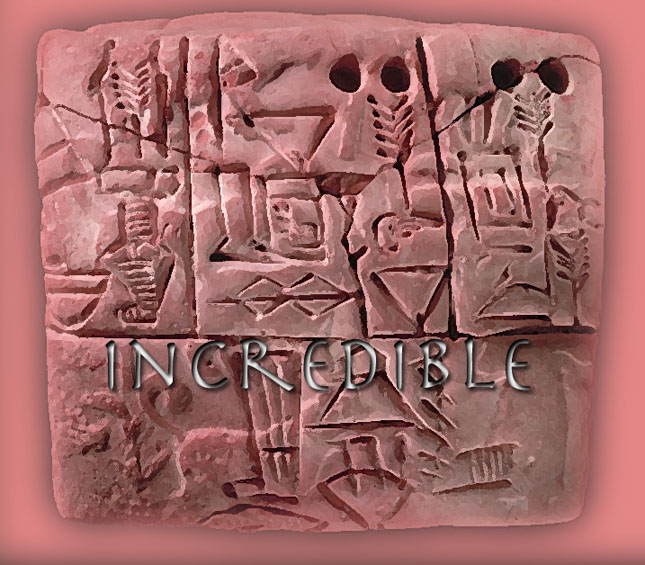 What’s it all for? Writing. Why do you write anything? What’s the compulsion? Do you understand the act of writing? Are you conscious of the gift?
What’s it all for? Writing. Why do you write anything? What’s the compulsion? Do you understand the act of writing? Are you conscious of the gift?
I take for granted the act of writing. I neglect the joy of having been taught to read. As a writer, I just do what I do and I don’t think enough about the tools I’ve been given.
I’m using tools to put marks on a page. The marks have sounds. The marks have meaning. The marks make up a letter, a word, a sentence, an idea, a story, part of a culture, part of an existence, part of a revolution even.
There are whole societies who never came up with a written word; they rely solely on oral stories, pictures, crafts, songs and special rites to create their cultural history. Can you imagine that? No universal markings. No ‘solid state’ knowledge in word form. No written story. Can you imagine yourself, as a ‘writer without tools’, living in that world? I know. You’d find a way to still be a writer….
Some indigenous oral cultures use geographic features as story markers, like plot points in a 3-d narrative. See that mountain? That’s the body of a certain man, laid down after a battle with his greatest enemy. I’ve often heard Australian indigenous people use such geographic markers for the telling of stories. See, even without the written word, there is a human compulsion to tell stories, to make sense of the world, to pass around ideas, to assemble cultural motifs, to define the present and predict the future.
Just that the invention of the written word was a game-changer.
Writing— the act of making representative marks of language on paper, stone or whatever—started out purely as a commercial concern. By 4000~3,000 bc cities had grown, and commerce had grown so complicated, that rich dudes wanted to keep track of who owed them what, and how fat they were. Enter the scribe. Scribes had to figure it all out, create these marks, and do it so that when they went back and looked at the marks, or anyone else important looked at the marks, the marks made universal sense. They used clay and what amounts to a stick and a whole lot of imagination. Scribes were in charge of writing that stuff down, making that list, checking it twice, working for the man.
Maybe one Joe Scribe also did a bit of moonlighting on the side with a few other clients who were needing some love letters written and such. The scribe had to think up new marks to cover the new vocabulary needed; you know— love. pretty. your eyes shine like diamonds, that sort of malarky. Maybe Joe Scribe hung out in bars and cafes in these cities with other scribes—sitting far too long at the corner table with just one goat’s milk frappuccino between the lot of them—swapping styles, cooking up pictographs, arguing over correct scratch lines and grammar. Can you imagine the first ever writer’s club?
As revolutionary as the written word was/still is, you don’t have to look too far back in history to discover how the skill of writing and reading was withheld from certain sectors of the population; the poor, the disadvantaged by birth, women, people of colour. We live in relatively enlightened times.
But you certainly don’t have to look far outside your door to find entire sectors of the world where writing is still not taught nor permitted nor considered a priority to certain groups, namely the poor, the disadvantaged by birth, women and people of colour. Not so very enlightened then.
It’s good to appreciate what you’ve been blessed with. It’s one thing to be all happy about the blessing of being able to write well. Today I took one step back from counting that blessing and counted the blessing of the written word itself and that I’ve been granted the ability to use it. It’s INCREDIBLE.
